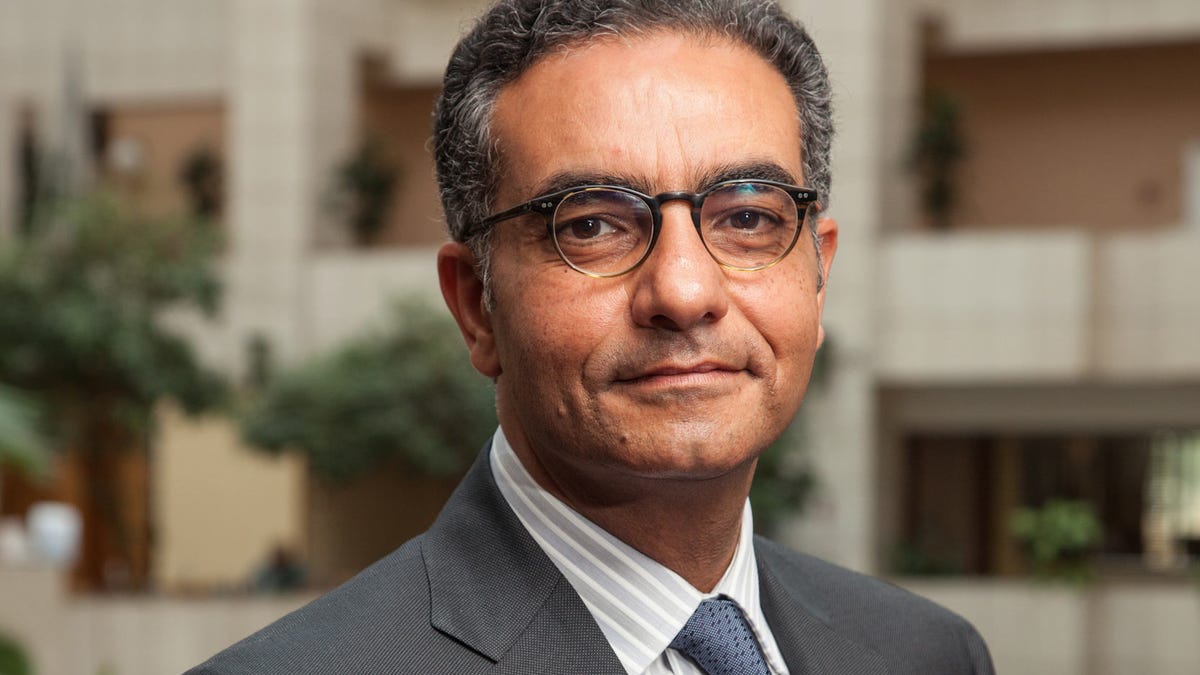US government begins loosening decades-old grip on the Internet
ICANN, eager to wean itself from the US Commerce Department, will set up the "multistakeholder" governance it has sought for overseeing the Internet's core workings.

After incubating the Internet and overseeing it for decades, the US government announced Friday it's releasing the last elements of control it has.
The Department of Commerce originally handled core parts of the Internet, but gradually backed away from those duties through a contract with a nonprofit organization called the Internet Corporation for Assigned Names and Numbers (ICANN). In a statement Friday, the Commerce Department tasked ICANN with convening involved parties to formalize a "multistakeholder" approach to Internet governance.
The nuts and bolts of that work involves running the Internet's Domain Name System (DNS), which translates numeric Internet Protocol addresses into the more convenient human-readable domain names like cnet.com; managing the root servers that hold those DNS records for use by all other machines on the Internet; and overseeing the current explosive growth of new top-level domain names such as .berlin, .social, and .cleaning.
It's been a long time coming -- the privatization process began under President Bill Clinton in 1997 -- but now the timing is right for ICANN. In a January interview, ICANN Chief Executive Fadi Chehade told CNET, "US oversight is not sustainable any longer."
ICANN has matured, the Commerce Department had committed to handing off responsibility at some point, and the revelations from Edward Snowden of US government surveillance on the Net increased the need for the hand-off, Chehade said:
There is no question that Edward Snowden's revelations have stimulated the dialog. I attended a couple of sessions at the World Economic Forum about security risks. I saw leader after leader of major companies like GE sincerely worried about the trust factor on the Internet. And we have the Target situation. The trust in the ecosystem has been punctured a little bit.
Working toward the hand-off, ICANN already had set up a meeting on Internet governance in Brazil on April 23-24. The Commerce Department generally is on the same page, using the "multistakeholder" term Chehade also relies on.
Those stakeholders include the Internet Engineering Task Force (IETF), the Internet Architecture Board (IAB), the Internet Society (ISOC), and Regional Internet Registries that oversee the distribution of IP addresses to those registering new domain names.
Those organizations welcomed the Commerce Department's move. They and others said in a statement Friday:
Our organizations are committed to open and transparent multistakeholder processes...The Internet technical community is strong enough to continue its role while assuming the stewardship function as it transitions from the US government.
The Commerce Department's National Telecommunications and Information Administration (NTIA) wants ICANN not just to build its multistakeholder approach, but also to maintain the DNS security and resilience and to make sure the "openness of the Internet" is maintained.
[Via The Washington Post]

